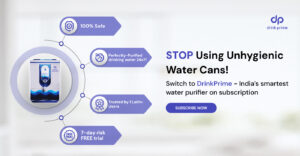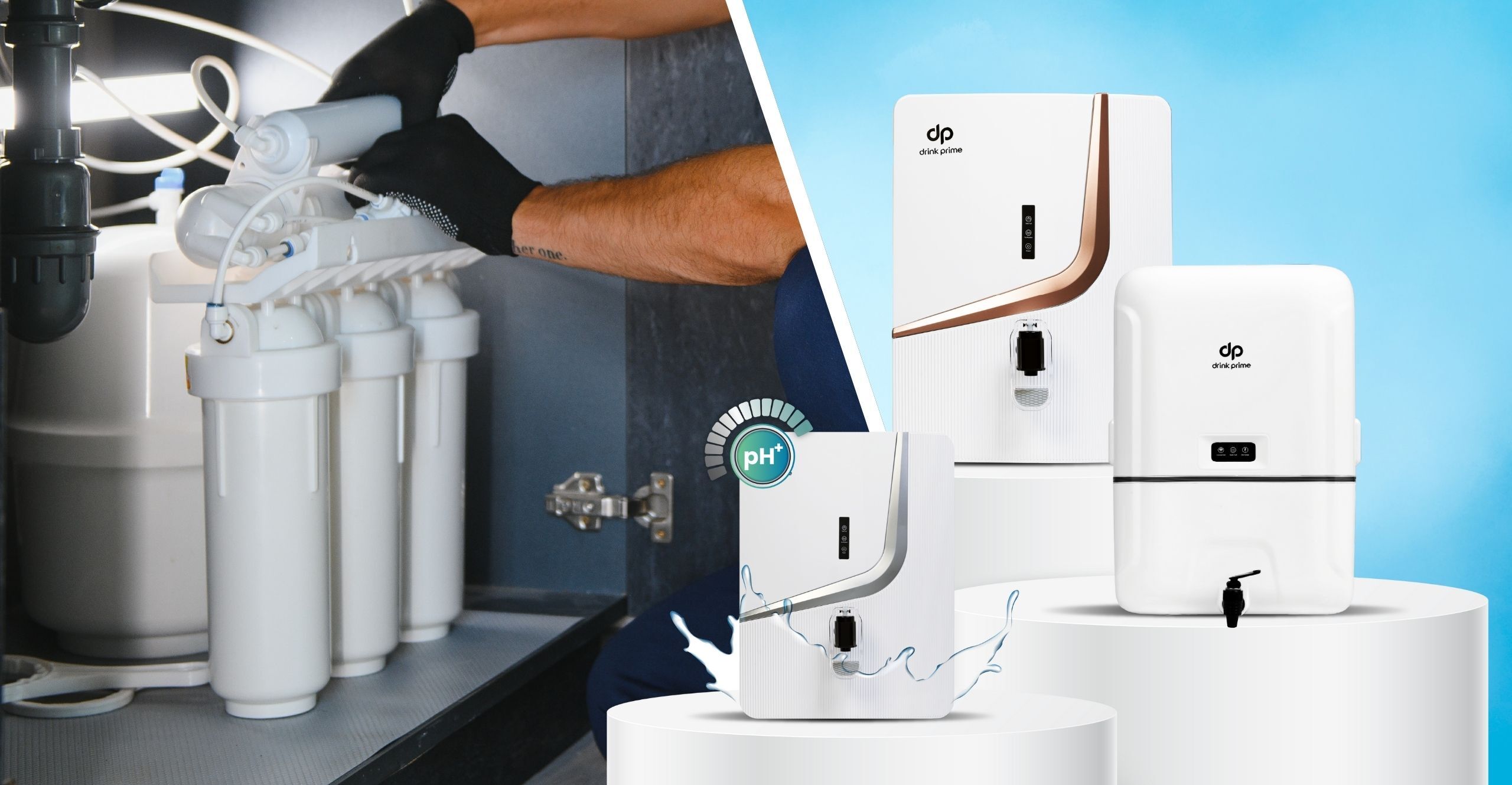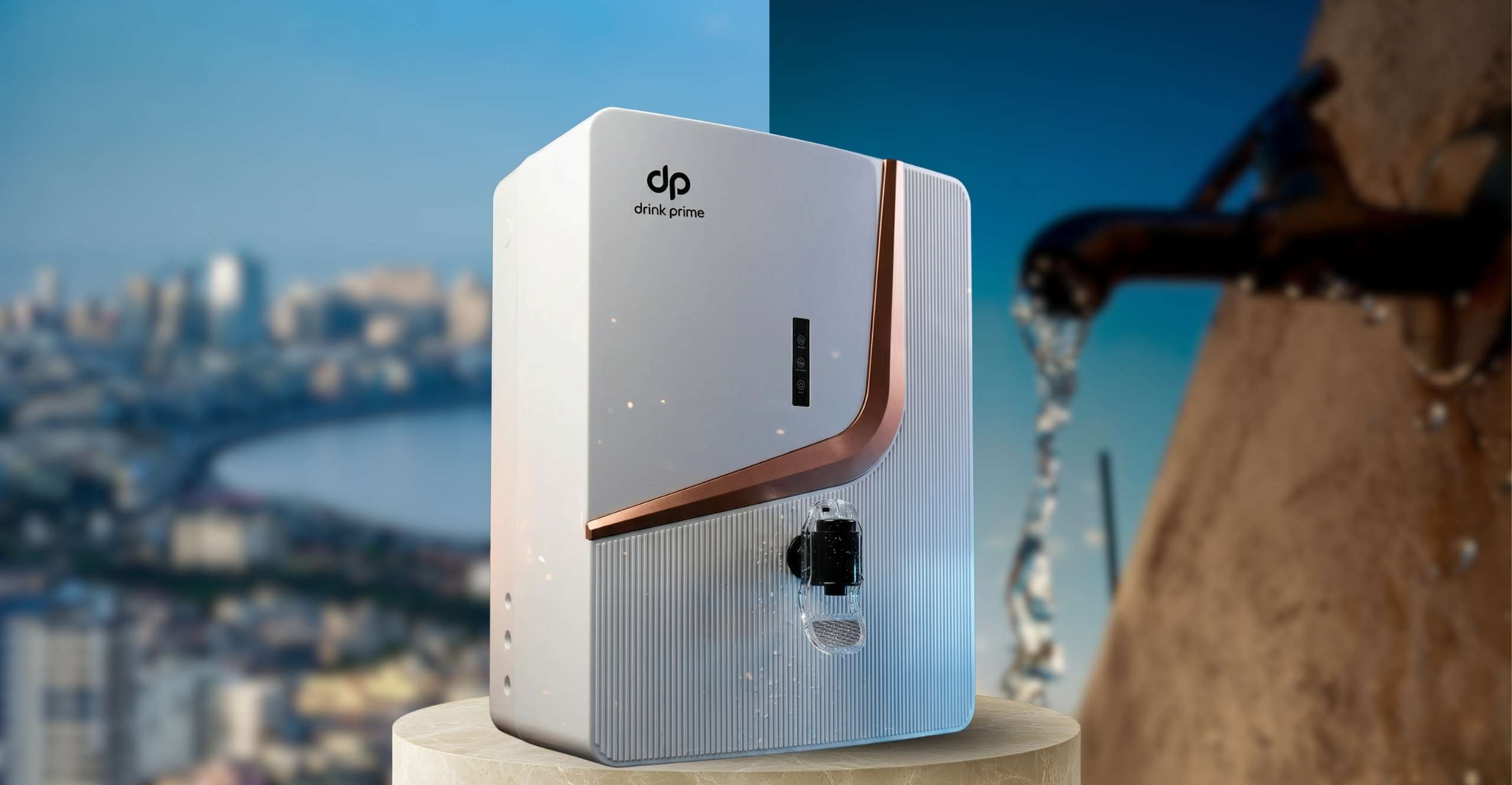The levels of pollution of water bodies make tap water dangerous to consume. Most of the municipal bodies do not ensure a continuous supply of water and cannot assure contamination free water for consumption. There are chances of cross contamination happening between sewage lines and water lines which often run parallel to each other.
Drinking unfiltered tap water may lead to water borne diseases. In such a scenario, a water purifier becomes a necessity in every household. With the advancement in technology there are a plethora of purifier types available today. This leads to the subsequent RO vs UV purifier question, as these are the most popular water purification systems available today.
Most water purifiers come with their own list of USP’s which may leave you confused about the right fit for your home. One of the main factors to consider while making this decision, is the source of the water available to you and the type of impurities you are dealing with. Are you dealing with microorganisms like bacteria, viruses etc. or are dissolved contaminants like fluoride, iron etc. your main cause of concern? If the primary source of water is municipal bodies, then it is likely to be sourced from surface sources like lakes, dams etc.
The mechanics of RO water purifier
To make an informed choice about the best water purifier system for your needs, it is crucial to understand the difference between RO and UV purifiers.
What is RO purifier?
In very simple terms, RO or Reverse Osmosis, is a water purification system in which high pressure forces the contaminated water to pass through a semipermeable membrane. In this process, only water molecules pass through the membrane leaving behind the contaminants. This means around ninety percent of dissolved pollutants including minerals gets filtered out when the water comes through the membrane and hard water is converted to soft water.
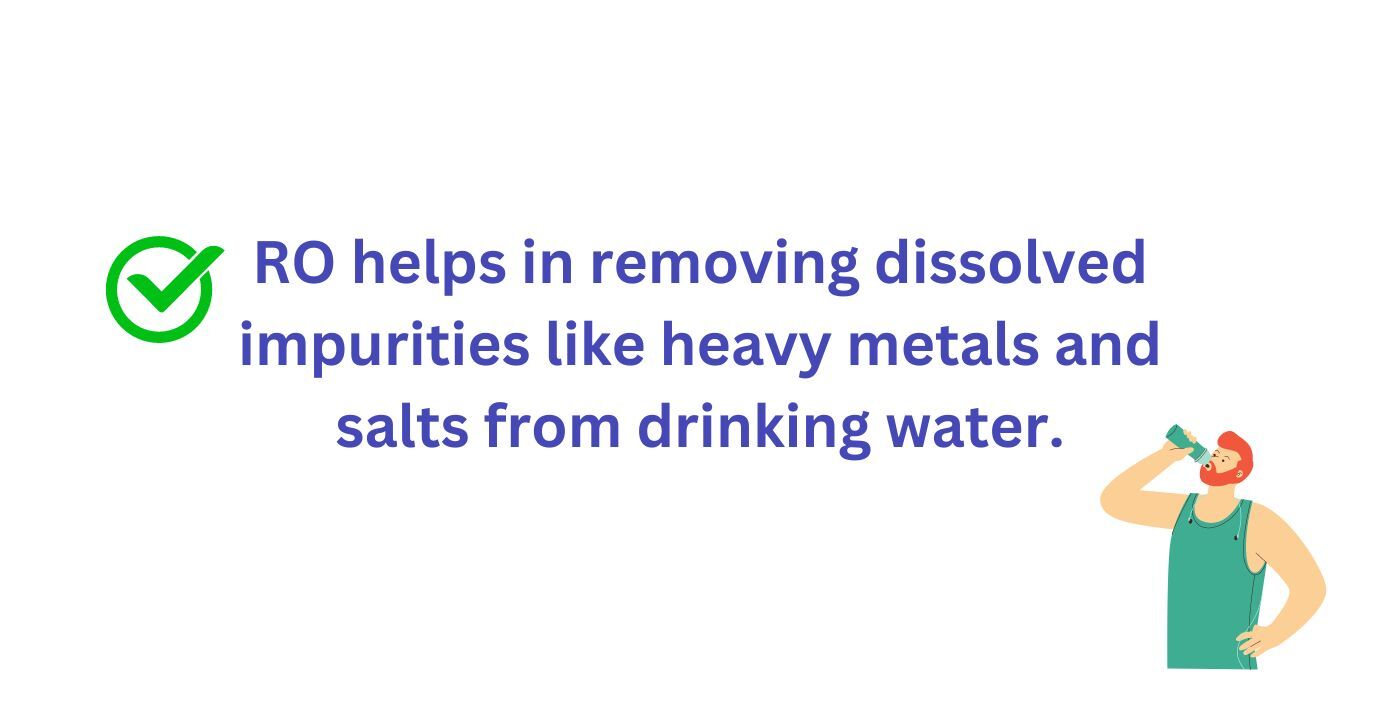
So, if the total dissolved salt in your available water is around 900 ppm, (ppm stands for parts per million which is a measure of the TDS) post RO purification, the TDS will be around 90 ppm. So, an RO water purification system is ideal if the TDS of your available water is greater than 200 ppm. The ideal range of TDS hovers between 0 to 200 ppm.
What is a UV water purifier?
In this type of water purification system, ultra violet rays are used to destroy the bacteria and harmful pathogens. There are three types of UV rays; UV A, the skin tanning type you are asked to stay away from. UV B the sun’s burning rays and UV C which has germicidal qualities. The UV purifiers pass water through a chamber equipped with a UV lamp inside. This ultraviolet light kills the pathogens thus ensuring the safety of the water. This makes the water safe for consumption.
So, if your water level has a lower TDS, UV water purifiers will help get rid of harmful viruses, cysts and other pathogens without stripping off the essential minerals from the water. This system is more environmentally friendly as it does not waste a lot of water and no chemicals are added.
RO vs UV: Which Water Purifier Is Best For You?
To answer the question about which is better RO or UV, from a health perspective, we must be cognizant of the pros and cons of each type of purification system.
Pros of RO system
It helps in removing dissolved impurities like heavy metals and salts. It also reduces the TDS of water and converts hard to soft water. RO purification method destroys bacteria and removes the debris so it’s a very hygienic system. It also has an inbuilt system to filter muddy water before purification.
Cons of RO system
Ro system uses electricity to increase water pressure to filter through the membrane. Since it ejects impure water at each stage, there is a lot of water wastage involved.
In case of very low TDS of source water, RO filter may remove dissolved essential minerals from the water, lowering its health benefits.
Advantages of UV purification system
This system can work with normal water pressure and uses UV rays to eliminate bacteria. It causes very less wastage of water and does not alter the taste of water.
Disadvantages
The biggest drawback of this system is that although it can kill invisible bacteria, it cannot filter out the remains and they keep floating in the water. In the case of muddy water and water with a high level of sedimentation a UV filter is ineffective, as it fails to remove the dissolved salts and minerals. A UV filter cannot reduce the TDS of water and the TDS of UV purified water remains the same.
Which type of system is best suited for you, in the RO vs UV scenario?
Once you are equipped with the knowledge of the pros and cons of the two filtration systems, the next step is to check the water source available to you. In case you get water from civic sources, which are mostly sourced from surface ground water like lakes and rivers, chances are that it will have a lower TDS. In such cases you will need to protect yourself only from pathogens like bacteria and viruses. So, a UV filtration system is ideal in such a scenario, as an RO filter will lower the TDS even more and strip off the essential minerals.
If, however, you are getting water supplied from a tanker, which mainly sources water from underground sources like bore wells, it will have a high concentration of dissolved minerals and salts. This translates to a high level of TDS and bad tasting water.
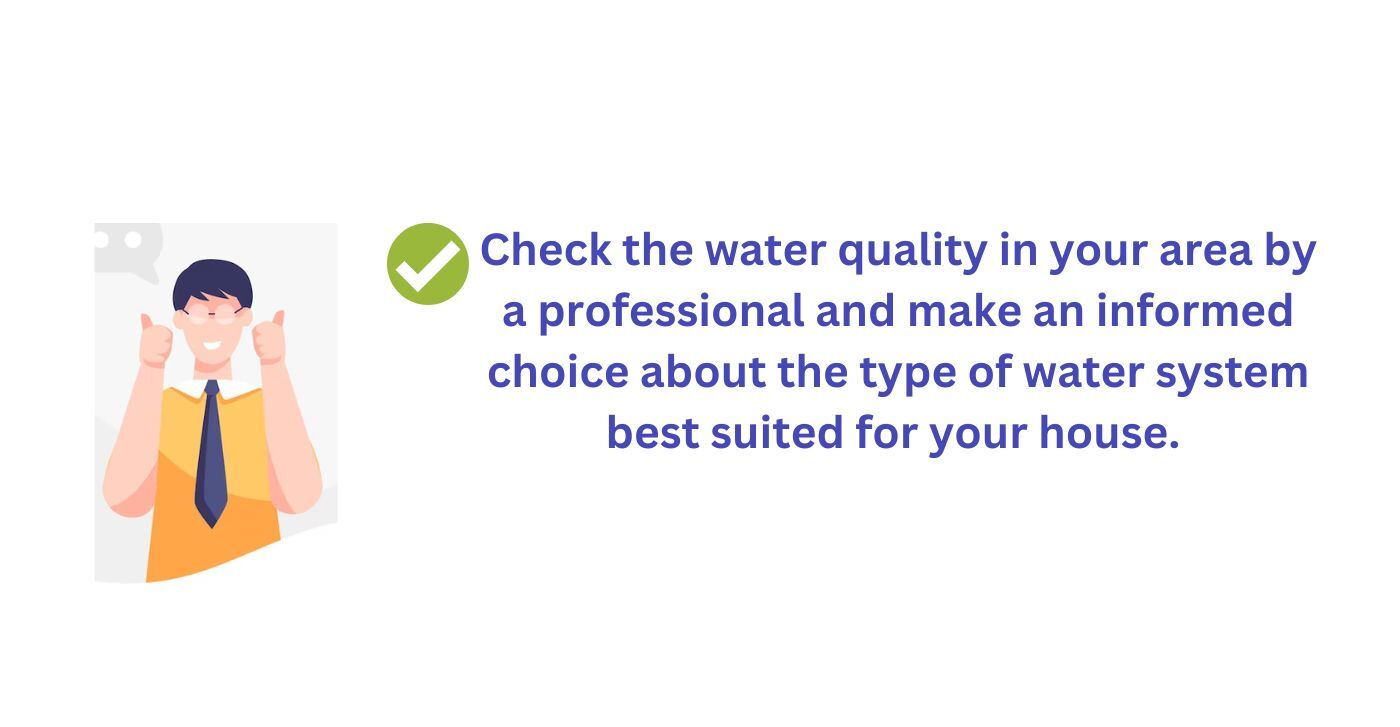
Check your water quality with a TDS meter which is easily available in the market. As a rule of thumb, if the water TDS is above 500, then it may be a better idea to go for a RO purifier as it will eliminate the dissolved salts and minerals. A water TDS level of less than 500 may require only a UV filtration to be safe for consumption. If you are getting a mix of ground water and municipal water, it may be wise to invest in an intelligent system which can select the type of purification needed, based on the TDS of the water to be purified.
Get 7 Days Risk Free Trial
Conclusion
In the RO vs UV question, we have found that both systems of water purification have their own sets of advantages and each targets a specific issue. While the UV system disinfects the water protecting you from water borne diseases, the RO system removes dissolved salts and minerals converting hard water to soft. So, get the water quality in your area checked by a professional and make an informed choice about the type of water system best suited for your house. The water quality will clearly indicate the issues you need to address, before making the water safe of consumption.

